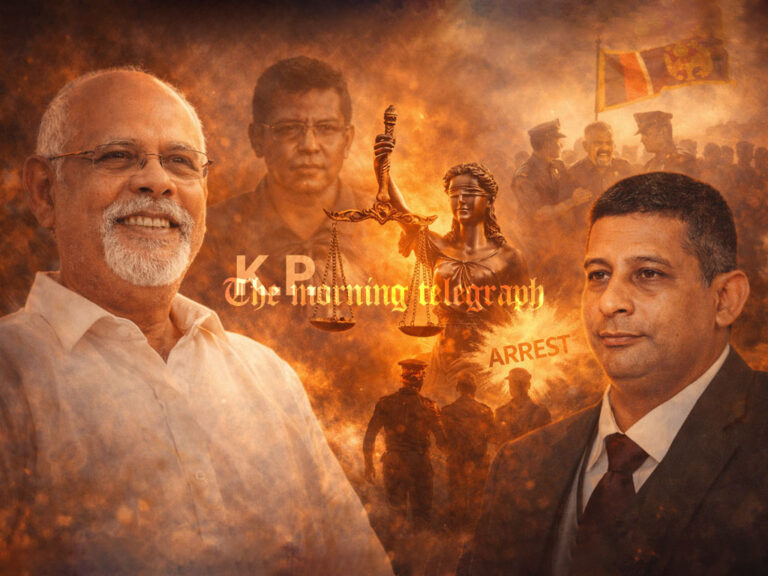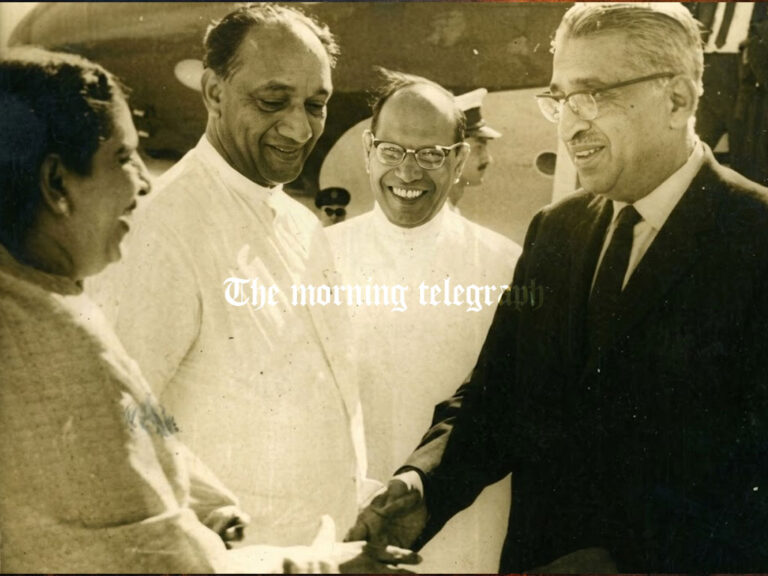
With Sri Lanka’s economic hopes partially hinged on continued access to the European Union’s GSP+ trade concession, pressure is mounting on the government to make a decisive break from one of its most controversial legal relics—the Prevention of Terrorism Act (PTA).
The EU has made its position clear: if Sri Lanka wants to retain the lucrative GSP+ tax benefits for its exports, the PTA must either be significantly amended or repealed altogether. A delegation from Brussels is expected in Colombo this May to assess whether the island has made sufficient progress on human rights and legal reforms to justify the continuation of the scheme.
Deputy Minister of Economic Development Anil Jayantha Fernando, speaking to Irida Mawbima, acknowledged the urgency of the situation. “We’re preparing to engage with the EU team on the GSP+ renewal, especially with a view toward expanding our export base. The EU is looking for clear assurances that Sri Lanka will uphold human rights and maintain peace without falling back on draconian laws,” he said.
In response, the government has begun moving to abolish the PTA, a law that has long been criticised both locally and internationally for enabling abuses under the guise of national security. First introduced in 1979 as a temporary emergency measure during a period of civil unrest, the PTA has become a permanent and potent tool for successive governments to detain individuals without trial, often on vague or unproven allegations.
Justice Minister Harshana Nanayakkara confirmed that the government is now ready to take the final steps to eliminate the law. “We’ve already gathered broad public opinion, including from civil society groups, and we see no need to start the conversation from scratch. The political will is there—we’re ready to act,” he said.
But it won’t just be a repeal. The minister noted that alongside scrapping the PTA, a new legal framework will be introduced to simultaneously safeguard civil liberties, tackle terrorism through internationally accepted mechanisms, and reinforce the rule of law.
While the EU has long called for Sri Lanka to comply with international human rights norms, its concerns became particularly pointed in recent years. Reports of the PTA being used not only against suspected extremists but also to silence dissent, journalists, and minority groups have alarmed European lawmakers. These concerns were compounded by past administrations allegedly exploiting the act for political gain—something that has left a sour taste in Brussels.
Now, as Sri Lanka struggles to reboot its economy, re-establish global credibility, and ensure democratic reforms, the fate of the GSP+ concession has become a litmus test of its willingness to change.
Whether this is a symbolic gesture to appease international partners or the beginning of a meaningful reform process remains to be seen. But one thing is clear: the clock is ticking, and Colombo knows it has little room for delay.




